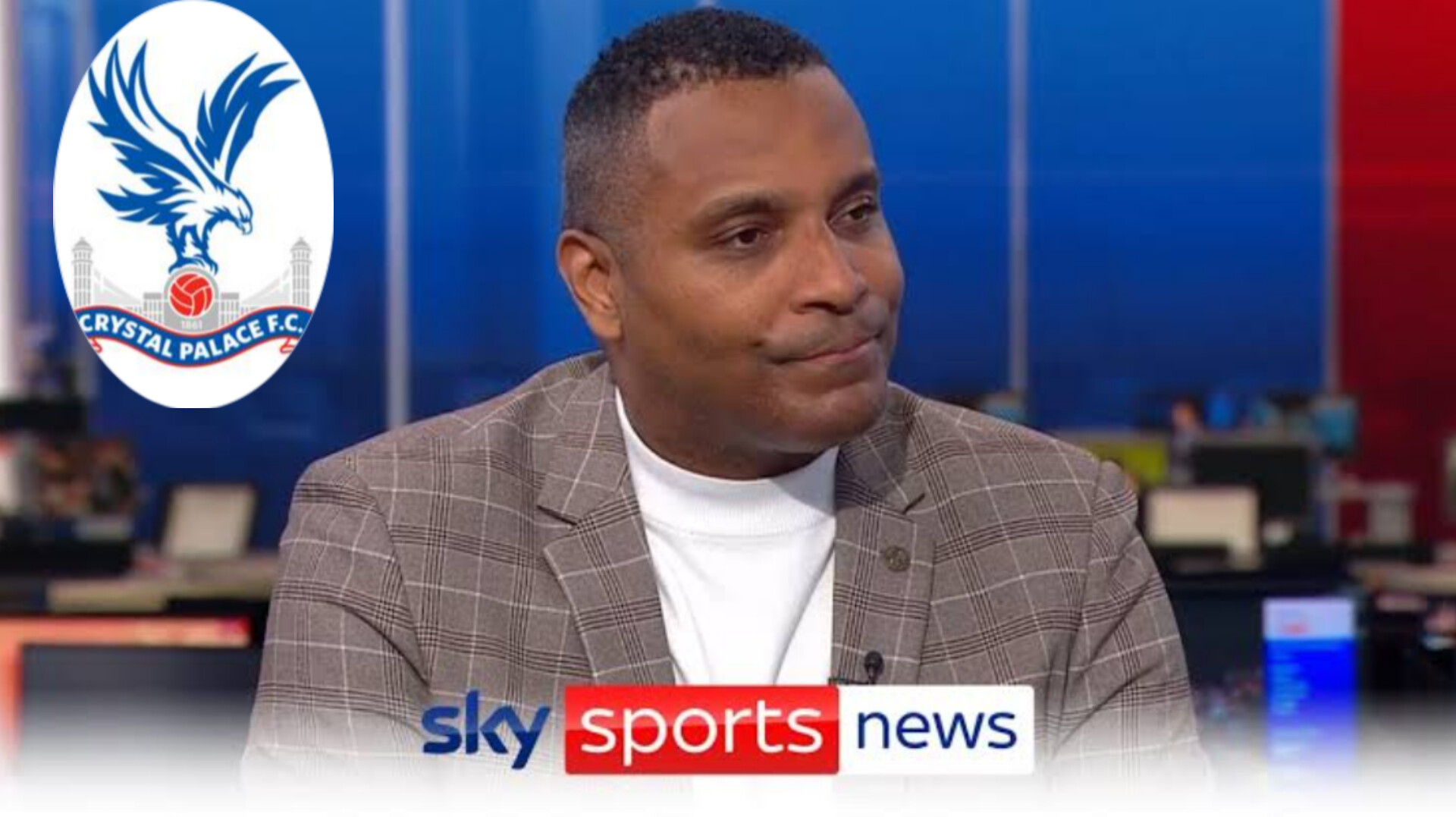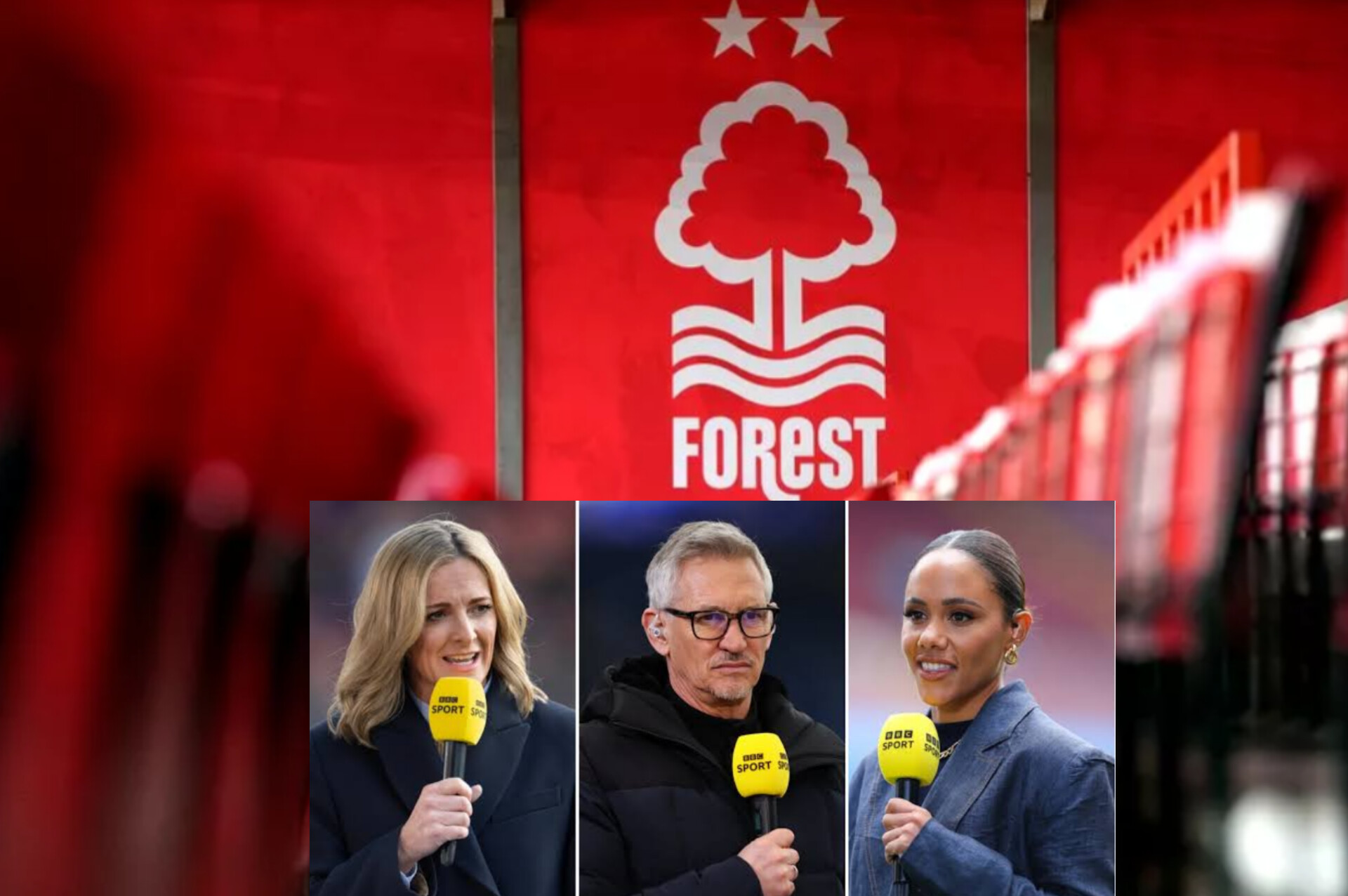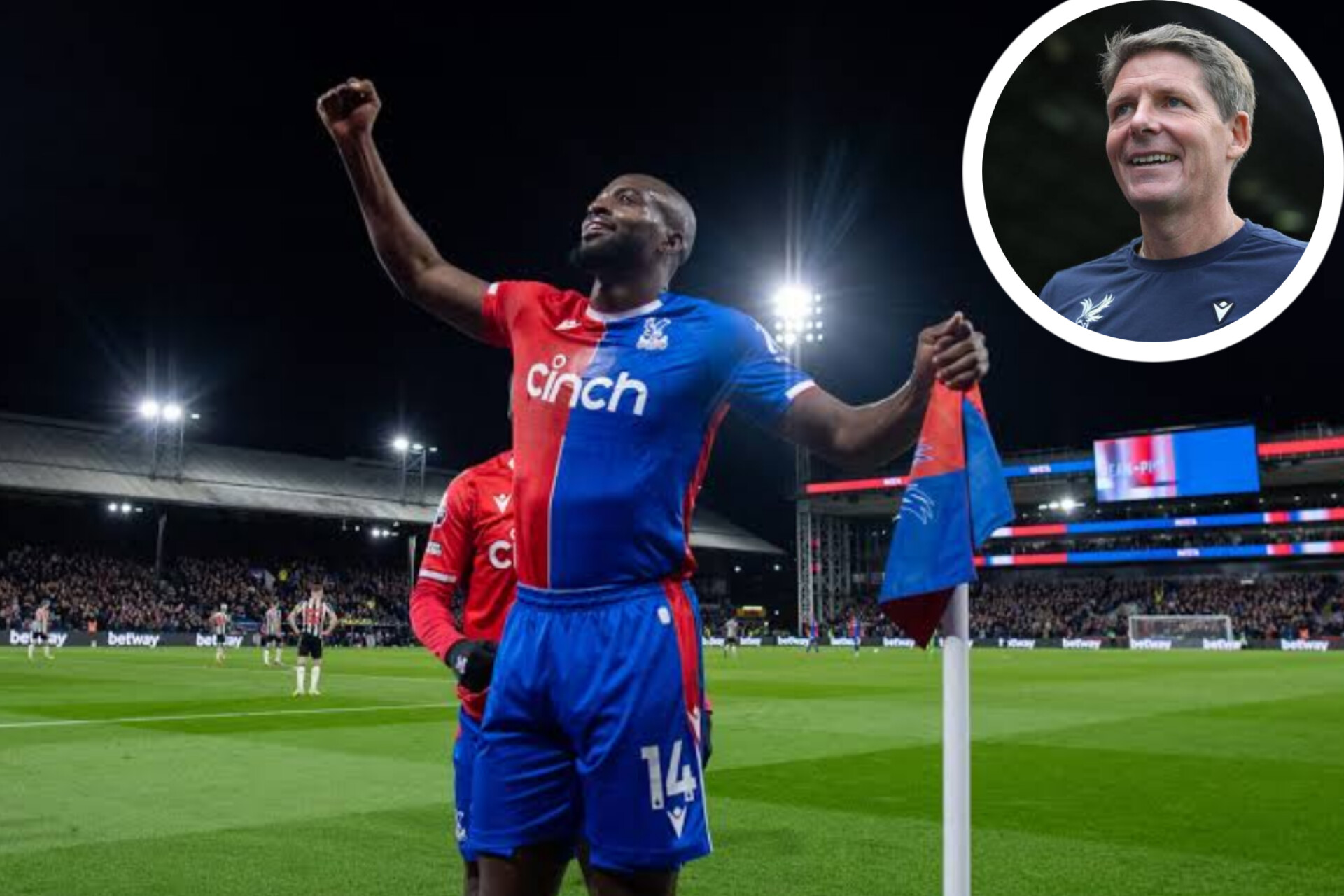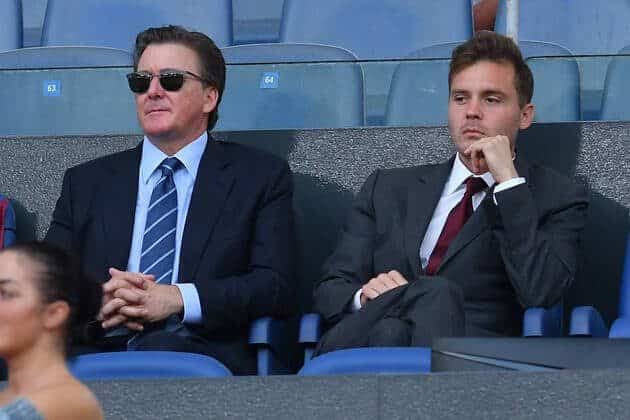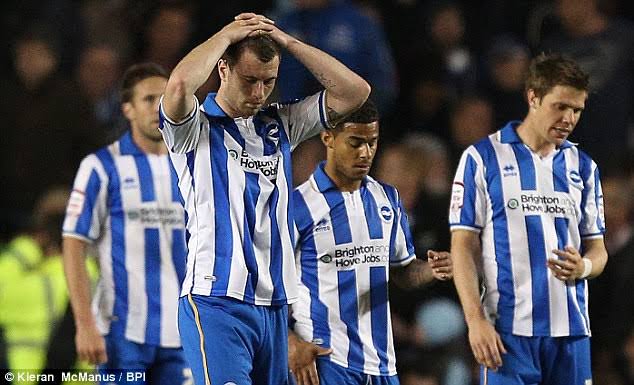Former Crystal Palace player Clinton Morrison recently shared his insights on the transfer saga involving Marc Guehi and Newcastle United. This situation, which played out during the final month of the summer transfer window, has sparked discussions about potential future developments and the broader implications for both clubs involved.
Newcastle United, under the management of Eddie Howe, made significant efforts to secure Guehi’s signature. The club spent considerable time pursuing the England international, who had emerged as Howe’s primary transfer target. However, despite their persistence, Newcastle couldn’t reach an agreement with Crystal Palace. The South London club held firm on their valuation, demanding a fee exceeding £70 million for their prized defender.
The failure to sign Guehi or an alternative center-back has left Newcastle in a potentially vulnerable position. Morrison, who has strong ties to Crystal Palace having made over 300 appearances for the club across two spells, believes that this saga is far from concluded. He suggests that Newcastle’s interest in Guehi is likely to resurface, possibly as soon as the January transfer window.
Morrison’s perspective is rooted in his understanding of Guehi’s quality and potential. He praised the defender’s consistent performances for both Crystal Palace and the England national team, describing him as “outstanding” and a “top player.” This high regard for Guehi’s abilities leads Morrison to believe that it will be challenging for Crystal Palace to retain his services in the long term, especially given the player’s apparent readiness for Champions League-level football.
The former striker highlighted an interesting dynamic in the transfer market, noting that Guehi’s value might decrease as he enters the final 18 months of his contract. This situation could potentially make a future deal more feasible for interested parties like Newcastle. Morrison speculates that if Newcastle doesn’t make another attempt to sign Guehi in January, they risk facing increased competition from other clubs in the following summer transfer window.
Interestingly, Morrison had previously been confident about Guehi’s move to Newcastle, going as far as to claim it was “100% done” a week before the transfer deadline. He has since apologized for this premature assertion, acknowledging the fluid nature of football transfers. Morrison explained that unforeseen circumstances, such as injuries to other Crystal Palace defenders like Joachim Andersen and new signing Chadi Riad, likely influenced the club’s decision to retain Guehi.
This situation underscores the complex and often unpredictable nature of football transfers. Factors such as injuries, contract durations, and competing interests from multiple clubs can significantly impact transfer negotiations and outcomes. For Crystal Palace, the challenge now lies in managing Guehi’s situation, balancing the player’s ambitions with the club’s needs and potentially preparing for his departure in the future.
For Newcastle, the failure to secure Guehi represents a setback in their plans to strengthen their defense. However, Morrison’s comments suggest that the club’s interest in the player remains strong, and they may well return with another offer in future transfer windows.
The Guehi saga also highlights the broader challenges faced by clubs like Crystal Palace in retaining their top talents when bigger clubs come calling. It raises questions about the sustainability of their model and their ability to compete at the highest level while developing players who inevitably attract interest from clubs with greater financial resources and the lure of Champions League football.
As the season progresses, all eyes will be on Guehi’s performances and any developments in his relationship with Crystal Palace. The January transfer window may bring renewed speculation and potentially concrete offers, not just from Newcastle but possibly from other top clubs as well. This ongoing situation serves as a prime example of the continuous drama and strategic maneuvering that characterizes the modern football transfer market.
